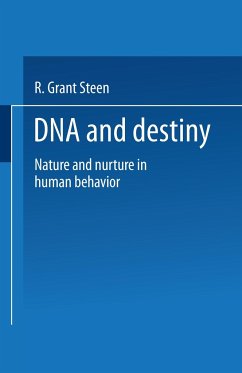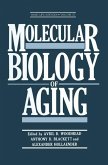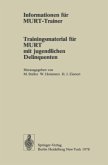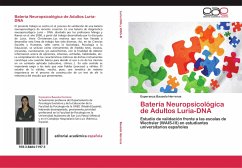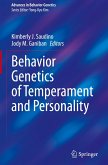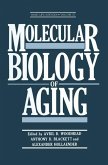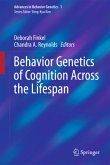The Bell Curve has sparked a fiery debate over the origins of human intelligence and the roots of human behavior. Does nature determine intelligence so completely that we should give up on the disadvantaged? Or can intelligence and positive human behavior be fostered by intellectual nourishment and emotional support? In short, to what degree is DNA our destiny? Dr. Grant Steen - popular science writer and respected medical researcher - has drawn together the best and most cutting-edge research to gain insight into the effect of genes and the environment. He provides up-to-the-minute answers to some of the most important and explosive questions facing society today: How much of intelligence is inherited and how much is it a result of environment? Is violence borne in the genes or does it result from poor upbringing? Is homosexuality an inborn trait? What role does gender play in our intellectual abilities? What evidence is there that alcoholism and drug addiction are hereditary? This book shows that, to understand the human condition better, we must develop a keener appreciation for the subtle interactions between nature and nurture. First, Dr. Steen confronts the dark history of eugenics, and the horrifying legacy of the Nazis. He then proceeds to illuminate the latest advances in molecular biology and behavioral genetics. He explains fascinating results that have emerged from "split-twin" experiments, in which eerie parallels were found between twins separated at birth. He clarifies how the Human Genome Project might help create a new understanding of the human condition and how it may ultimately help alleviate some of the major health and even behavioral problems facing society today.
Hinweis: Dieser Artikel kann nur an eine deutsche Lieferadresse ausgeliefert werden.
Hinweis: Dieser Artikel kann nur an eine deutsche Lieferadresse ausgeliefert werden.

